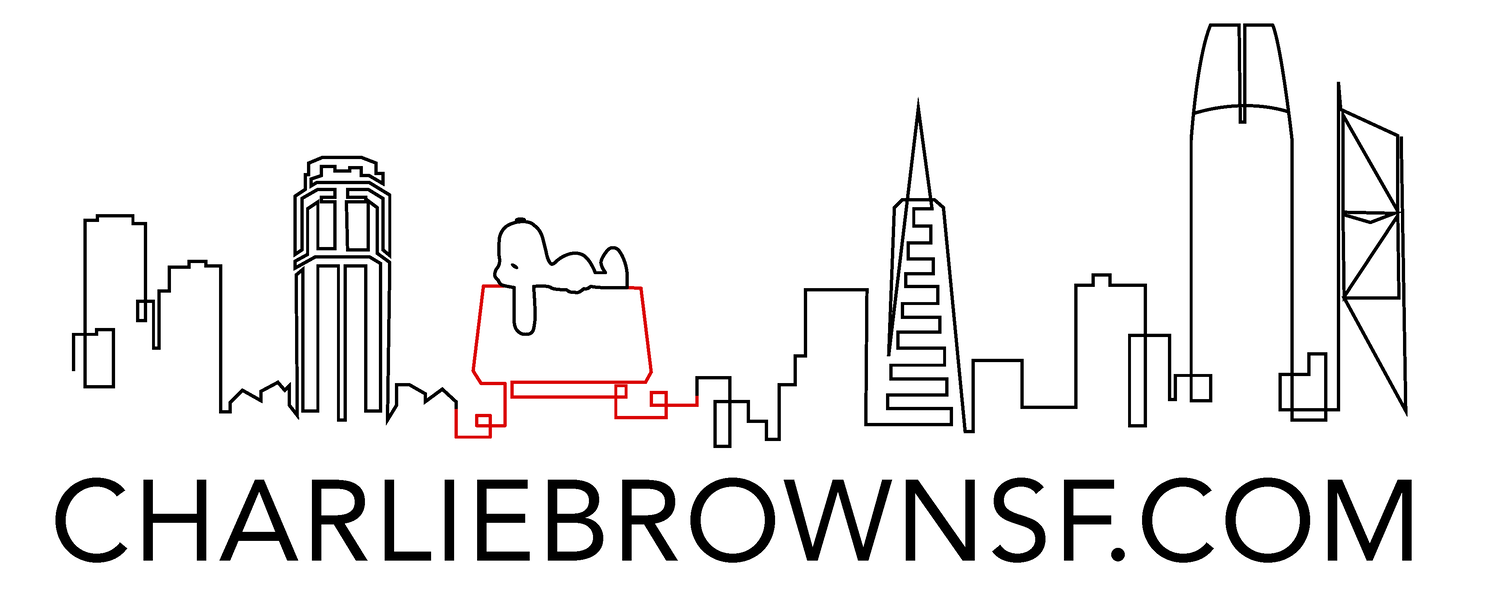What to Watch for in This Week’s Fed Meeting: Impacts on San Francisco Real Estate
If you’ve been following the real estate market, you've likely heard a lot about the Federal Reserve (the Fed) and how its actions could impact your investments. The Fed’s decisions, especially on the Federal Funds Rate, have a strong ripple effect on mortgage rates, which is crucial if you're thinking about buying, selling, or refinancing property in San Francisco. Here’s a breakdown of what to look for and how it could affect you in the coming months.
Why the Fed Matters for Mortgage Rates
While the Fed doesn’t set mortgage rates directly, its decisions influence them significantly. The Federal Funds Rate impacts how much it costs banks to borrow, which then affects interest rates on various loans, including mortgages. If the Fed decides to lower rates, it could ease borrowing costs, potentially reducing mortgage rates over time—something to keep in mind for anyone planning a property purchase or refinance in the near future.
Here’s what’s shaping the Fed’s decisions right now:
1. Inflation Trends
Inflation is a key indicator the Fed monitors closely. Although it’s still above the Fed’s target of 2%, inflation has been stabilizing, which is a good sign. If inflation continues on this path, there’s a possibility of the Fed cutting rates to make borrowing less expensive while ensuring sustainable growth.
For San Francisco real estate investors, lower borrowing costs could mean better financing options for property purchases or improvements, helping to build long-term wealth. This is especially important in a high-cost market like San Francisco, where financing plays a huge role in investment feasibility.
2. Job Growth and Economic Cooling
The Fed also watches job growth, looking for a “cooling off” period in the labor market to ensure inflation doesn’t spike again. Recently, the rate of job creation has slowed, which aligns with the Fed’s goals. For San Francisco, where the tech sector has driven job growth for years, a slight cooling could bring stability to both housing demand and prices.
Less rapid job growth might also ease upward pressure on local housing prices, potentially creating a more balanced market. This environment could open opportunities for investors looking to enter or expand in San Francisco’s luxury residential and investment property markets.
3. Unemployment Rate Stability
At 4.1%, the unemployment rate is low but stable, which signals a strong labor market without excessive wage inflation. San Francisco’s unemployment rate often trends lower than the national average due to the region's economic drivers, but even here, a stable labor market helps prevent overheating in property values. For investors, this can mean more predictable market conditions as demand and prices remain steady.
What This Means for San Francisco Real Estate
As the Fed navigates its next moves, we’re likely to see gradual adjustments to the Federal Funds Rate. If the Fed proceeds with rate cuts as anticipated, mortgage rates may decline steadily over the next year, but don’t expect immediate changes. This could pave the way for strategic property acquisitions or refinancing opportunities in the months ahead.
With mortgage rates potentially easing, buyers may gain more purchasing power, and investors could lock in favorable financing terms. Additionally, a stable economy may bring more confidence to the luxury and investment real estate sectors in San Francisco, attracting both local and international investors looking to capitalize on the city’s long-term growth.
Bottom Line
For San Francisco investors and homeowners, the Fed’s actions set the stage for market trends, but economic factors and local conditions ultimately drive mortgage rates. As we move into late 2024 and 2025, expect a bit more stability, with rates gradually becoming more predictable. This environment could provide a clearer path for strategic real estate investments, potentially enhancing long-term wealth in San Francisco’s high-value market.




